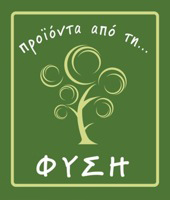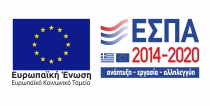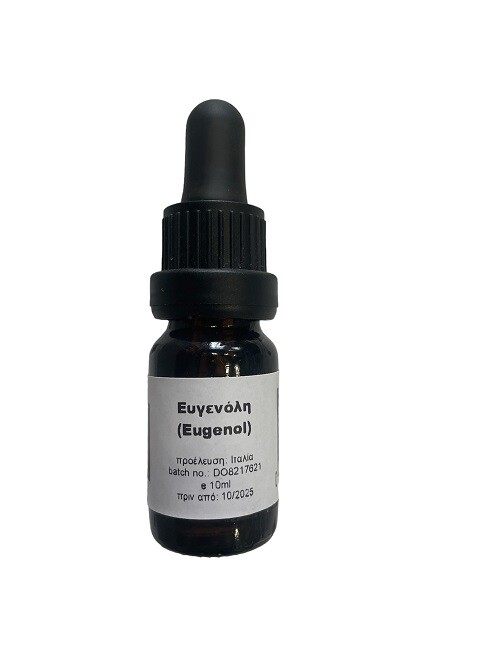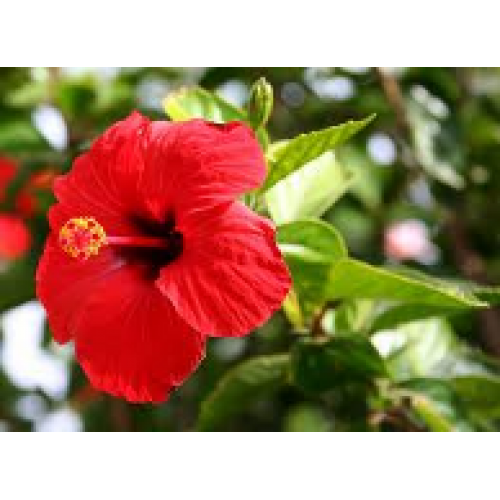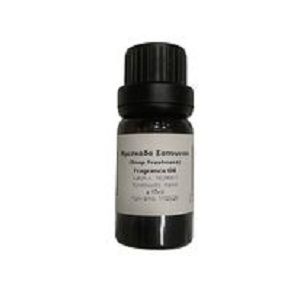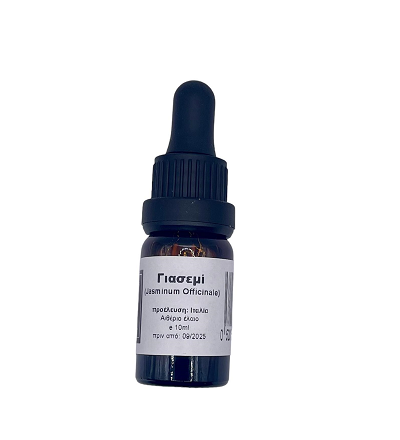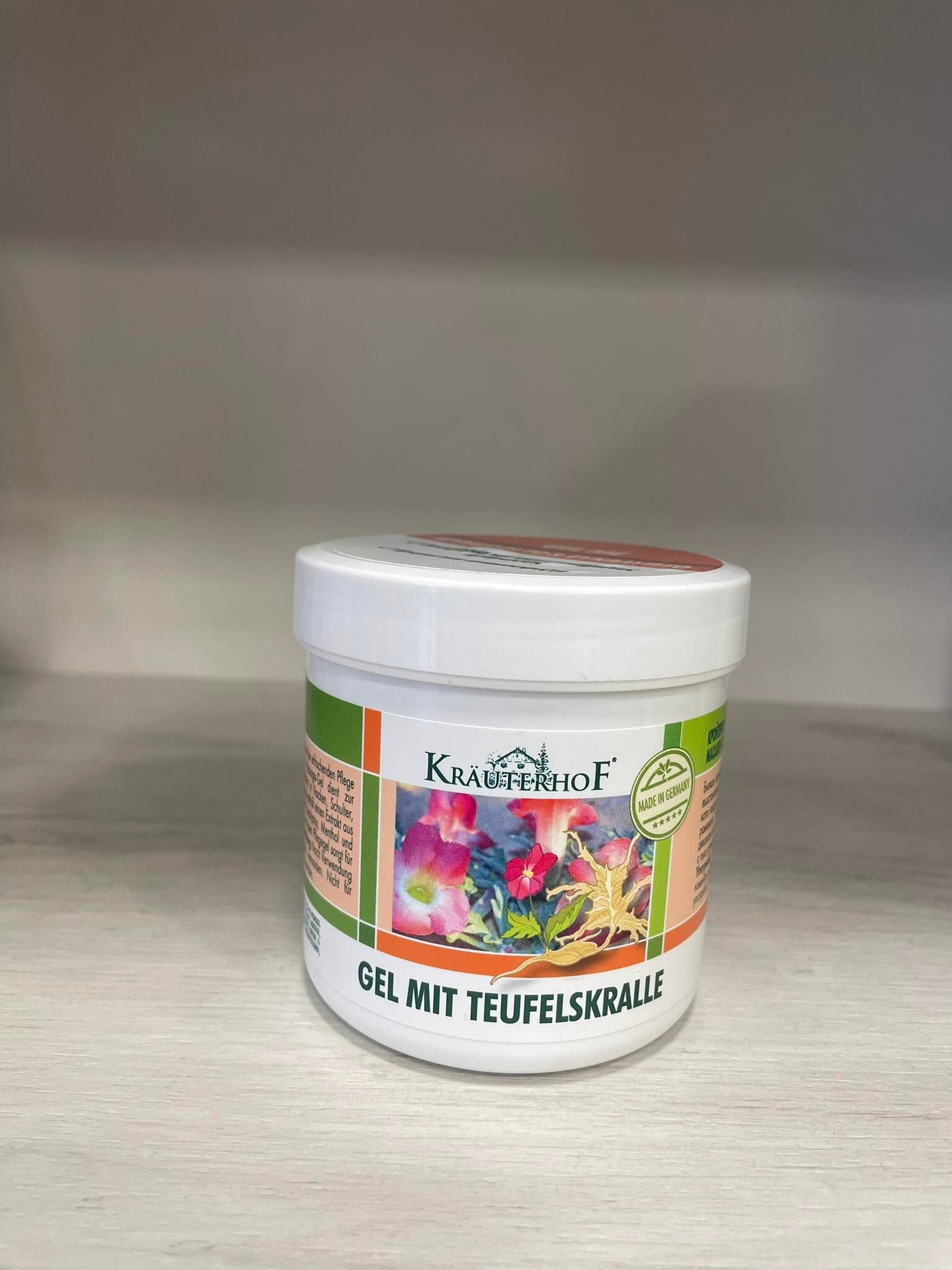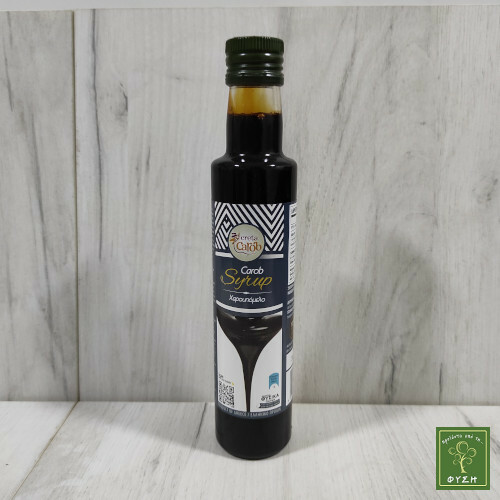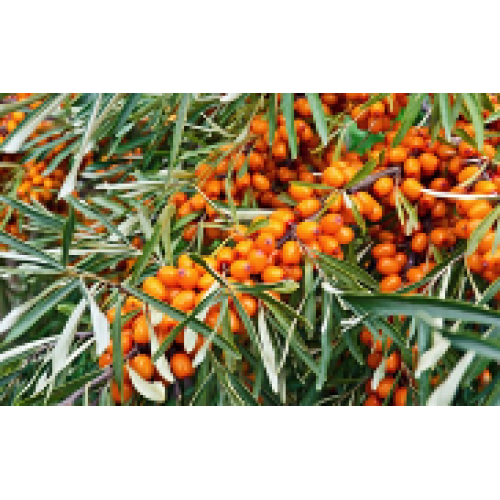

(Hippophae rhamnoides)

(Hippophae rhamnoides)
AvailableWhat it offers to the body
- Toning, wellness and energy, quick healing and wound healing.
- Enhancement of the immune system, protection against cancer.
- Protection and strengthening of the nervous system, reduction of stress.
- Regulation of metabolism.
- Treatment of prostate hyperplasia, liver disease and gastrointestinal problems such as ulcerative colitis, esophagitis, Crohn's disease.
- Protection against cardiovascular problems, lowering bad cholesterol and blood sugar, protecting blood vessels, boosting blood circulation.
- Relief from menopausal symptoms, period pains and protection of the reproductive system. 8. Tissue and cell restoration after extensive exposure to radiation.
- Preventive action against eye diseases such as cataract and macular degeneration.
- Detoxification of the body, oxygenation and renewal of cells, treatment of premature aging.
- Treatment of skin problems such as acne, discoloration, eczema, burns, psoriasis, eczema.
It contains more vitamin C than strawberry, kiwi, orange, tomato, carrot and hawthorn. Also, that its vitamin E content is higher than that of wheat, corn and soy and that its phytosterols far exceed those of soybean oil. In addition, it has all the B vitamins and all the minerals and minerals necessary for the body. And not only that. It provides the body with unsaturated fatty acids, such as ω-3, ω-6, ω-7 and ω-9. It has strong antioxidant, anti-inflammatory, antimicrobial, analgesic and healing effect. For all these purposes, it is used as a dietary supplement, as a component of pharmaceutical and cosmetic preparations, but also as a standalone medicinal product for a variety of diseases, while juices and jams are produced from its fruits. Hippopotamus contains a unique combination of antioxidants that act as a preventative against aging, cardiovascular disease and cancer. More specifically, it contains: Vitamin C: Contributes to the absorption of iron, helps in the formation of collagen in the skin, in wound healing, in the repair of tissues and enhances the body's defense. Vitamin E: Slows down cell aging, helps in oxygenation of tissues and strengthens the genital system. It accelerates wound healing and protects against atherosclerosis. Vitamin A: Maintains eye and skin health. All minerals: Calcium, magnesium, iron, phosphorus, copper, potassium, selenium and zinc. They are essential for mental and physical health. Like vitamins, they act as catalysts in many biological reactions and their functions are interrelated. Selenium and copper have a very strong antioxidant effect. Carotenoids: They greatly prevent the oxidation of cells and their destruction. Hippopotamus contains beta-carotene, a precursor of vitamin A, as well as lycopene (anti-cancer activity), α-carotene, zeaxanthin (anti-senile macular degeneration) and lutein. Many times the sea buckthorn, depending on the area in which it is grown, contains carotenoids in greater quantities than any other plant. Polyunsaturated fatty acids: Specifically: ω-3 (linolenic acid), ω-6 (linoleic acid), ω-7 (palmitoleic acid), ω-9 (oleic acid).
